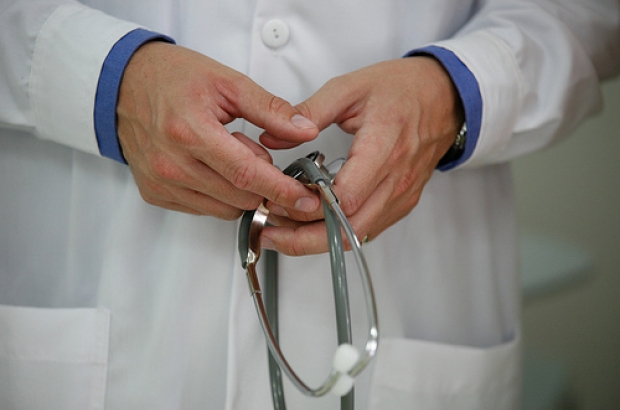- Daily & Weekly newsletters
- Buy & download The Bulletin
- Comment on our articles
Finding Dr Right in Brussels: your first-aid kit
January reared its cold and rainy head this past Belgian Blue Monday, and with it comes an onslaught of winter illnesses. For the Brussels expat, finding a well-suited doctor already calls for a prescription of painkillers. To make this an easier task to swallow, here are some homemade remedies guaranteed to help you find Dr Right.
Brussels’ little medical black books
A series of doctoral A-lists exist in Brussels and often are just a click away. The first place to check is with your current employer. Some propose free in-house medical services or have a ready-made list of recommended doctors. Another option is contacting your local consulate or embassy, which usually keep a list of doctors and dentists speaking your native language at hand.
If proximity is an important criterion, MGBRU.be should be your first stop. This web directory tells you which general practitioners live nearest to your Brussels address, their general contact information, hours and languages spoken.
The Brussels ‘white pages’ also have a doctor section including contacts of specialists. Finally, the 24/7 English-language Community Help Service (CHS) helpline (02 648 40 14) can provide details of English-speaking doctors and dentists in Brussels.
€20.92 is the magic number
Of course, names and addresses tell only half the story. An American Osteopathic Association 2013 study notes that, while adults find proximity (57.4%) and office hours (42.9%) important, costs (83.3%) and bedside manner (60.5%) remain the most important factors when choosing a physician.
According to the Belgian National Institute for Health and Disability Insurance, the fixed fee for a general physician in Belgium as of 2014 is €20.92*. This base price can then increase if the visit is off-hours (nights and weekends), a home consultation or if the doctor is a specialist.
In the same way, a doctor can add mysterious “private” fees to this base rate; avoid such unjustified charges by asking in advance if the doctor is conventionné (applies the base rate) or non-conventionné (sets their own fee).
Dr Yes or Dr No?
Feeling comfortable with your doctor is important and yet difficult to predict prior to the first visit. Still, many tools exist in Brussels – when the typical word-of-mouth recommendations from friends and colleagues fail – to help you get the scoop on a physician’s reputation. Patients give their personal reviews of Belgian doctors on websites like Yelp.
Meanwhile, a call to the CHS Helpline will get you the names of 3 doctors “based on the needs of the caller,” explains a CHS Supervisor. While the names come from a list of doctors endorsed by expats, the CHS Supervisor is adamant in saying they “are not our ‘recommendations’; because my opinion of why a doctor is good is not the same as another. Patients have to go make their own opinions.” Indeed, your Dr Yes may be your colleague’s Dr No, so keep an open mind as you head to your first check-up.
“The Doctor can see you in six months”
Finally, finding Dr Right may not mean Dr “Ready to see you now”: in the densely expat-populated Brussels, the best practitioners, particularly specialists, are often overbooked. Those seeking more readily available yet high-quality doctors may want to consider one of Brussels’ medical centres.
These centres house several general practitioners and specialists all in the same building and, therefore, guarantee more immediate availability (although possibly not the same doctor every time). Family planning centres also exist in Brussels and are a viable alternative to a gynaecologist’s long waiting list.
* For members of a Mutual Insurance Association (mutualité) or European Health Insurance Card carriers, this rate is commonly reimbursed up to 75%.
Photo by Flickr/Alex E. Proimos



















